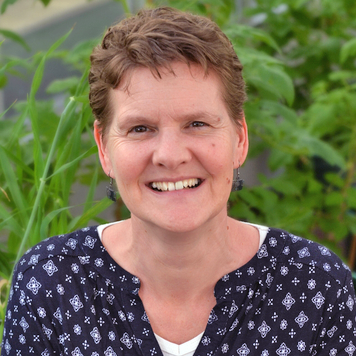Analysing compostable plastics
Are compostable plastics really what they say on the packet? Study honours in plant science and experience one of the first opportunities to test a new fully compostable type of plastic.
We are drowning in a sea of plastic, causing serious concerns about the long term effects of the presence of such huge amounts of pollutants in our environments. One recent trend has been the appearance of single use packaging that is advertised as being biodegradeable or compostable.

Many consumers are either confused abut what this means or accept these claims at face value, never really asking just what these types of labels mean. One such biodegradeable plastic, called polylactic acid or PLA is appearing more and more - it is identified by the number 7 in the recycling symbol - and is very often advertised as being compostable. It is compostable - but what the public mostly do not realise it that this can occur only under specific laboratory conditions. If you put it in landfill or bury it in the garden it will take many years to disappear and it is not clear if it turns into harmful microplastics in the process.
University of Adelaide scientists are working with a company who are producing fully compostable plastics, some of the first in the world, made from combining waste plant materials and a special binder. These plastics are likely to break down far more rapidly in the environment but to prove it this project involves testing just how long they take to break down in a range of situations, alongside similar packaging made of PLA.
The process will also be studied at the microscopic scale. Do either of these plastic types make microplastics along the way? How do they break down? Do they affect the microbes in the soil around them when they are buried? Would this be beneficial in the environment? Do fully compostable plastics made of different plant waste materials (think straw, rice seed husks, sugarcane bagasse) behave differently?
All these questions and more can be tackled in this exciting honours project, which provides one of the first opportunities to test these novel fully compostable plastics in the Australian environment.
Study plant science
In the Burton Lab we work on many different plants, including hemp, sorghum, chia, Plantago and Agave, that we think offer alternatives as crops better able to cope with semi-arid Australian conditions.
We are interested in new sources of nutritious seeds or plant biomass that have human health or industrial applications and are also passionate about using as much of the whole plant as possible, as renewable fuels or materials.

Supervisors
Co-supervisors: James Cowley
Research area: Plant science, School of Agriculture, Food and Wine
Recommended honours enrolment: Honours in Plant Science
